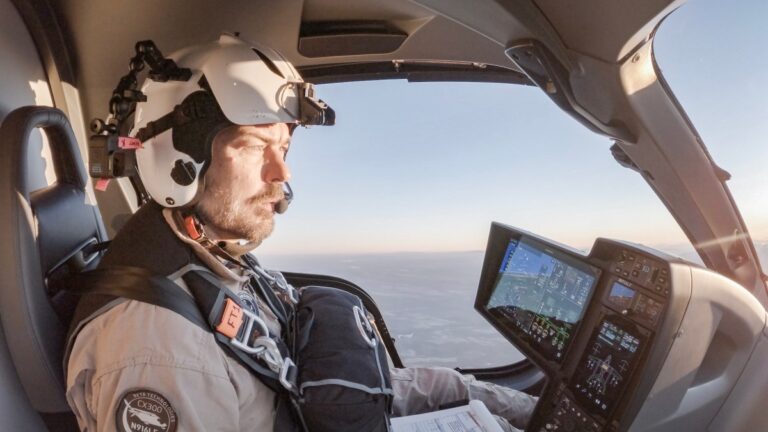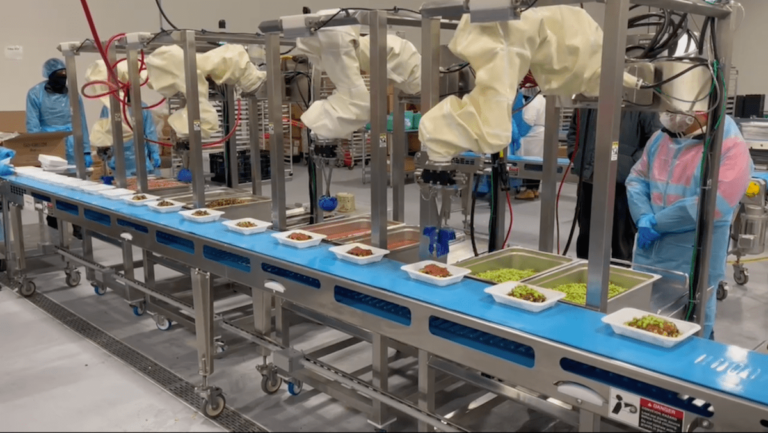Aurora Co-Founder Sterling Anderson Departs Self-Driving Truck Startup: What It Means for the Future of Autonomous Vehicles
In a significant development for the autonomous vehicle industry, Sterling Anderson, a key figure and co-founder of Aurora, has announced his resignation just one week after the company successfully launched its commercial self-driving truck service in Texas. This transition marks a pivotal moment for Aurora, which has been making waves in the realm of autonomous technology.
Sterling Anderson’s Departure from Aurora
Sterling Anderson, who served as the Chief Product Officer at Aurora, will officially step down effective June 1, with his exit from the board scheduled for August 31. The news was disclosed in a regulatory filing accompanying the company’s first-quarter earnings report.
Details of the Resignation
Aurora clarified in the filing that Anderson’s resignation “did not result from any disagreement with the Company concerning any matter relating to its operations, policies, or practices.” In recognition of his contributions, the Board expressed gratitude for Anderson’s extensive service as a founder, Chief Product Officer, and Board member.
Future Endeavors
Anderson is set to pursue a senior leadership role at a globally recognized company, as indicated during the earnings call. Although he could not be reached for further comments, he did share his thoughts during the call, stating:
“Leaving Aurora is one of the most difficult decisions I’ve ever made, especially given the exciting stage Aurora is at. This is precisely what gave me the confidence that now is the right time.”
Aurora’s Journey in the Autonomous Vehicle Sector
Anderson co-founded Aurora in 2017, bringing with him experience from Tesla’s Autopilot program. He teamed up with Chris Urmson, the former head of Google’s self-driving project, and Drew Bagnell, who previously led Uber’s autonomy team. This trio is credited with establishing Aurora as a significant player in the autonomous vehicle landscape.
Key Milestones Achieved
- Aurora garnered attention from high-profile investors, including Sequoia Capital and Amazon.
- In December 2020, Aurora reached a landmark agreement with Uber to acquire its self-driving unit, valuing the combined entity at $10 billion.
- Aurora’s transition to a publicly traded company occurred through a merger with Reinvent Technology Partners Y, a SPAC co-founded by notable tech leaders.
Challenges and Strategic Focus
Despite its rapid evolution, Aurora has faced challenges since going public in 2021, particularly in establishing steady revenue streams. The company has strategically shifted its focus towards self-driving trucks, temporarily sidelining other projects like robotaxis.
Recent Developments
In a recent milestone, Aurora successfully launched its self-driving truck service in Texas, meeting its self-imposed deadline and signaling a promising future for the company in the autonomous vehicle market.
For more information on the latest trends in autonomous vehicles, check out related articles on TechCrunch.







